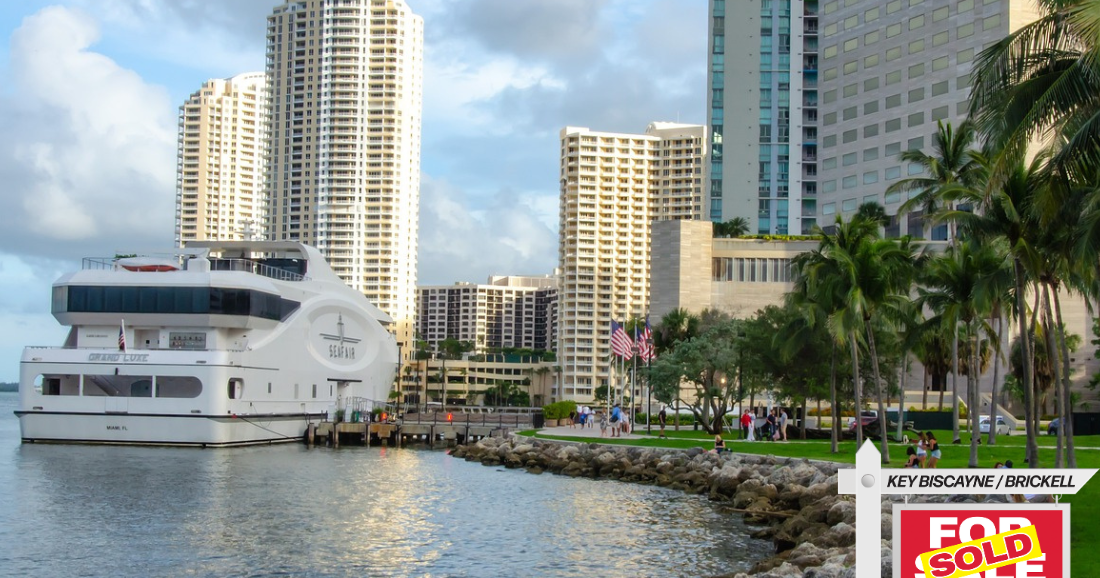Brookfield’s $260M Mall Loan Watchlisted, Rating Lowered
Brookfield Property Partners’ loan for the Pembroke Lakes Mall in Pembroke Pines was downgraded and watchlisted, raising doubts over the firm’s ability to pay off or refinance the debt maturing in 2025.
Bond rating agency KBRA downgraded the $260 million commercial mortgage-backed securities debt, citing a “continued decline in operating performance,” according to a KBRA surveillance report issued this month. Separately, research firm Morningstar has the loan watchlisted due to a decline in net cash flow, spike in the loan-to-value ratio and challenging lending climate.
Brookfield declined comment.
Pembroke Lakes Mall’s debt woes are a sign that South Florida’s real estate market isn’t immune to issues facing other regions of the U.S. The Federal Reserve’s interest rate hikes since the spring of last year pushed up borrowing costs, and e-commerce dented demand for brick-and-mortar shopping. Although the industry has touted South Florida’s resiliency to a market slowdown due to an influx of residents and businesses, issues are trickling into the tri-county region, as well.
Brookfield bought a portion of the 1.1 million-square-foot Pembroke Lakes Mall in 2018 when the firm acquired real estate investment trust General Growth Properties. Lender GS Mortgage Securities Trust provided the debt in 2013. Dillard’s and JCPenny each own their own spaces at the mall.
Completed in 1992, the mall is on a 112.8-acre site at 11401 Pines Boulevard.
The $260 million, interest-only loan is on a 535,400-square-foot portion of the mall and has a fixed 3.6 percent interest rate. It matures in March 2025.
This month, KBRA downgraded securities backing the loan from its previous rating in November of last year. The agency downgraded AA- securities to A, the BBB- ratings to BB, the BB- ratings to B, the B- ratings to CCC, and the CCC ones to CCC-.
The property’s $17.8 million net cash flow is down 12 percent from KBRA’s last review in November of last year, and down 28 percent from the loan’s origination in 2013, according to the firm’s surveillance report. That’s primarily due to tenants renewing leases at lower rents than their original leases.
At the same time, the loan-to-value ratio is 142 percent, up from 125 percent in November of last year, and up from 78.5 percent in 2013, KBRA’s report shows. The loan-to-value ratio is based on KBRA’s property value estimation, which tends to be lower than a market appraisal.
Overall, Brookfield still is meeting loan requirements, and its loan remains “performing,” according to Morningstar, with a debt-service-coverage ratio of 1.93. This means that Brookfield can still meet payments, as a debt-service-coverage ratio of less than 1 shows a borrower can no longer cover the full debt obligations.
Expensive borrowing costs, however, could compound issues, exposing the debt to an “elevated balloon payment default risk,” according to Morningstar.
One bright sign is that Macy’s extended its 248,600 square-foot lease by five years until 2028. The mall is 88 percent occupied, Morningstar reported.



